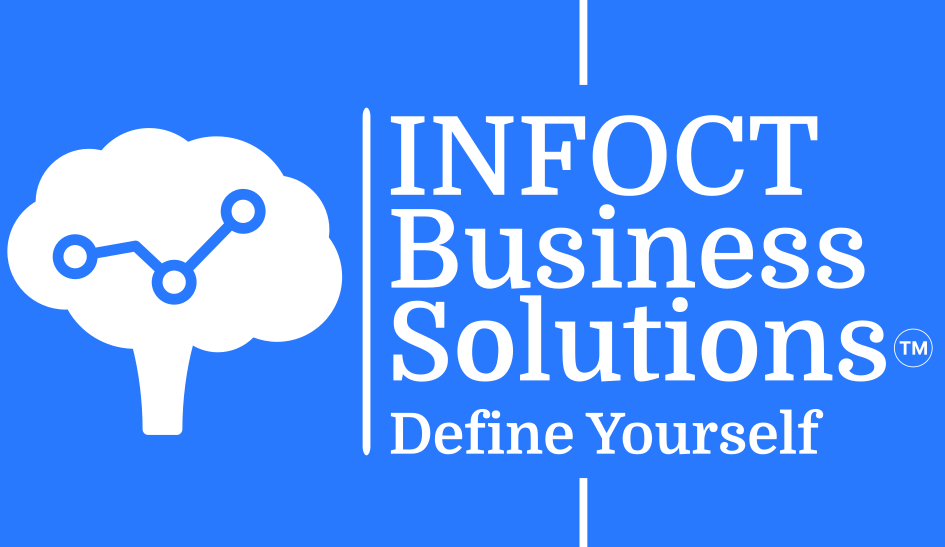Medical coding is the process of translating healthcare services, procedures, diagnoses, and equipment into standardized alphanumeric codes. These codes are used for various purposes, including billing, insurance claims, and statistical analysis. The coding system helps healthcare providers, insurance companies, and government health agencies communicate information about medical services consistently and accurately.
Two main coding systems are widely used in medical coding:
1. International Classification of Diseases (ICD):
- ICD codes are used to represent diagnoses and medical conditions.
- These codes provide a standardized way of classifying diseases and health conditions.
2. Current Procedural Terminology (CPT) and Healthcare Common Procedure Coding System (HCPCS):
- CPT and HCPCS codes are used to represent medical procedures, services, and supplies.
- CPT codes are maintained by the American Medical Association (AMA), while HCPCS codes are managed by the Centers for Medicare and Medicaid Services (CMS).
Here's how the medical coding process typically works:
1. Patient Encounter:
- A patient visits a healthcare provider for a consultation, treatment, or other medical services.
2. Documentation
- The healthcare provider documents the details of the patient encounter, including diagnoses, procedures performed, and any relevant information.
3. Code Assignment:
- A medical coder reviews the documentation and assigns appropriate codes based on the standardized code sets (ICD, CPT, HCPCS).
4. Billing and Claims Submission:
- The coded information is used for billing purposes, and the codes are included in insurance claims submitted to payers.
5. Insurance Processing:
- Insurance companies use the codes to process claims, determine reimbursement, and assess the medical necessity of services.
6. Statistical Analysis:
- Aggregated coded data is used for statistical analysis, research, and public health purposes.
Accurate and consistent medical coding is crucial for ensuring proper reimbursement, facilitating communication among healthcare professionals, and generating reliable healthcare statistics. Medical coders play a vital role in the healthcare industry by helping maintain standardized and organized health information.

